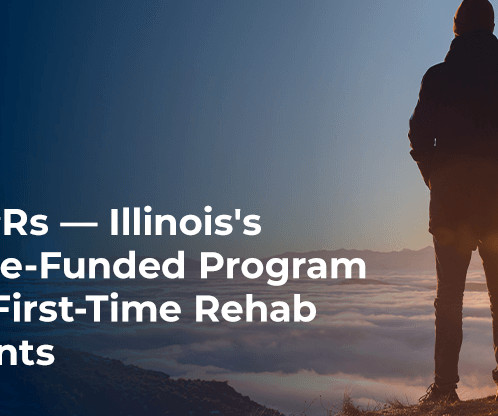What are the 10 Roles of Social Workers
Social Work Haven
SEPTEMBER 14, 2023
Mediator : They facilitate communication and resolve conflicts between individuals or within families to promote healthy relationships. This is because they develop treatment plans to address mental illness and substance abuse problems, often holding supervisory roles and advocating for human rights within the criminal justice system.














Let's personalize your content